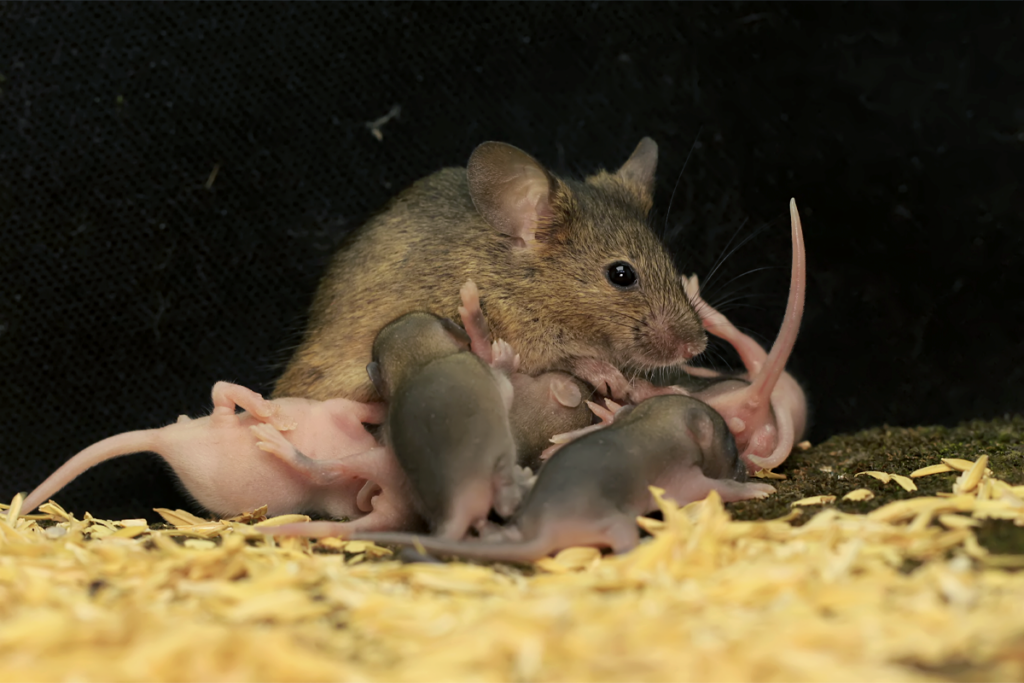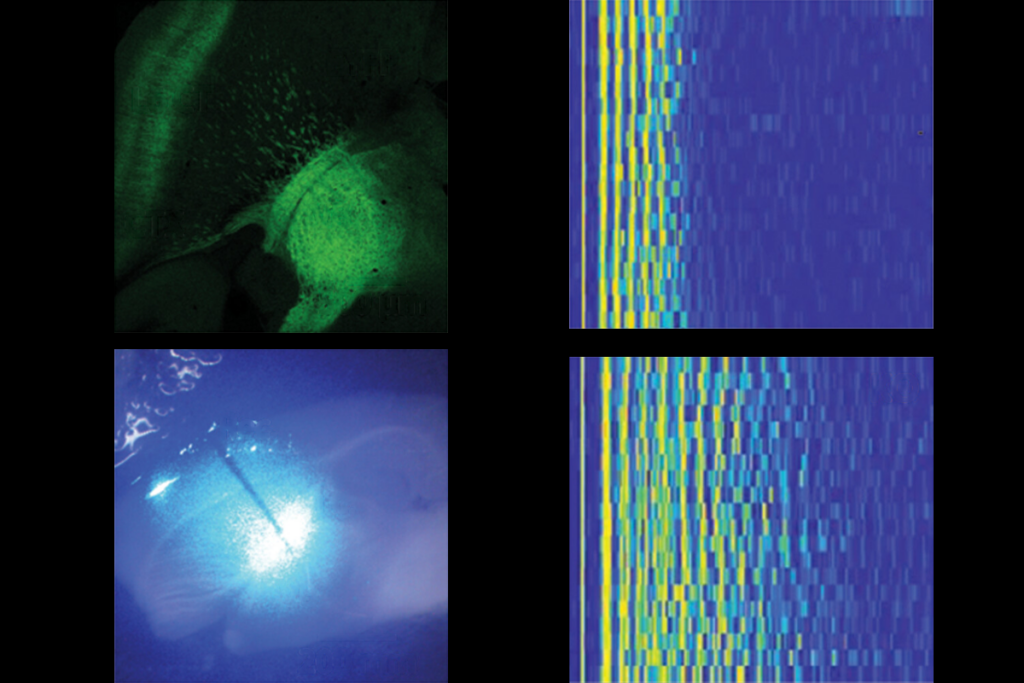The Autistic Researchers Committee, appointed by the International Society for Autism Research (INSAR), aims to integrate autistic members into INSAR programs, foster career development for autistic researchers and promote the inclusion of issues important to autistic people in INSAR meetings and autism research across multiple disciplines.

Autistic Researchers Committee
From this contributor
Letter to the editor: Researchers must bridge disconnect at ‘autism crossroads’
Two groups of researchers respond to Spectrum’s article about the power struggle among researchers, self-advocates and families, calling on their autistic and non-autistic colleagues to work collaboratively and promote equity in autism research.
Explore more from The Transmitter
Oxytocin shapes both mouse mom and pup behavior
Distressed pups emit distinct cries for help, which depend on oxytocin neurons in their hypothalamus.

Oxytocin shapes both mouse mom and pup behavior
Distressed pups emit distinct cries for help, which depend on oxytocin neurons in their hypothalamus.
Sensory gatekeeper drives seizures, autism-like behaviors in mouse model
The new work, in mice missing the autism-linked gene CNTNAP2, suggests a mechanism to help explain the overlap between epilepsy and autism.

Sensory gatekeeper drives seizures, autism-like behaviors in mouse model
The new work, in mice missing the autism-linked gene CNTNAP2, suggests a mechanism to help explain the overlap between epilepsy and autism.
Michael Breakspear and Mac Shine explain how brain processing changes across neural population scales
Breakspear and Shine find a scale-free property of brain activity that is conserved across diverse species, suggesting that a universal principle of brain activity underlies cognition.
Michael Breakspear and Mac Shine explain how brain processing changes across neural population scales
Breakspear and Shine find a scale-free property of brain activity that is conserved across diverse species, suggesting that a universal principle of brain activity underlies cognition.
